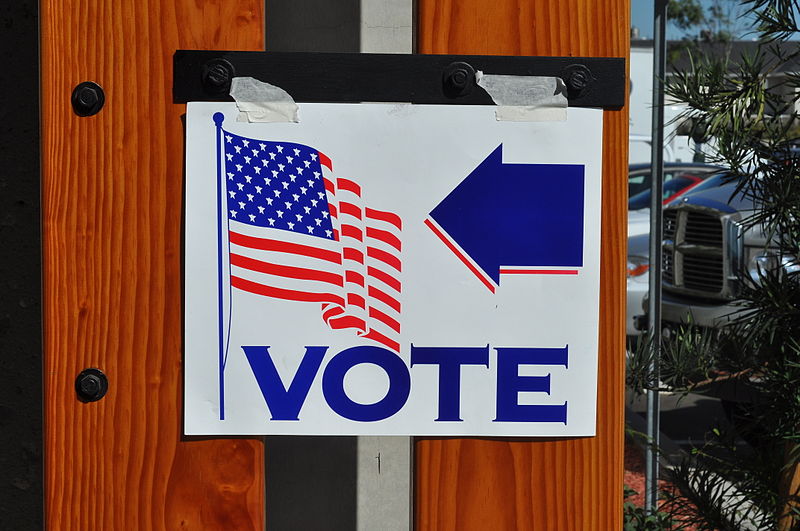
The U.S. government is planning to launch a new program that will focus on protecting voter registration databases and systems from cyberattacks ahead of the 2020 presidential election.
Reuters reported Tuesday that the new initiative, to be led by the U.S. Department on Homeland Security’s Cybersecurity Infrastructure Security Agency, stems from concern about ransomware attacks such as those that targeted Atlanta, Baltimore and various municipalities in Texas.
“Recent history has shown that state and county governments and those who support them are targets for ransomware attacks,” CISA Director Christopher Krebs told Reuters. “That is why we are working alongside election officials and their private sector partners to help protect their databases and respond to possible ransomware attacks.”
The program includes CISA reaching out to state election officials to prepare for ransomware attacks, including educational material, remote computer penetration testing and vulnerability scans along with recommendations on how to prevent and recover from an attack.
A ransomware attack before or during the 2020 elections has the possibility of disenfranchising voters, who may be unable to register to vote or in a more severe case could even prevent voting itself.
“It is imperative that states and municipalities limit the availability of information about electoral systems or administrative processes and secure their websites and databases that could be exploited,” the FBI said in a statement supporting the initiative.
Craig Young, computer security researcher at Tripwire Inc.’s Vulnerability and Exposure Research Team, told SiliconANGLE that with the recent successes of ransomware crippling U.S. cities, it’s apparent why voter databases and other election resources will be targeted by not only political players but also criminal opportunists.
“Local governments need to have all their ducks in a row heading into the election cycle or else face very serious decisions,” Young said. “This means at a minimum, publishing a vulnerability disclosure policy as well as paying for expert advice.”
Tim Erlin, vice president of product management and strategy at Tripwire, a company that provides enterprise and industrial cybersecurity, noted that it’s unfortunate that the focus on protecting U.S. elections is so narrow, but at least it’s a response to the blatant attacks in 2016.
“Ransomware has been in the spotlight lately, especially for government agencies,” he added. “It’s a real concern, but it’s by no means the only concern for election security. The world’s foremost and most outspoken democracy should be leading the way in establishing secure elections. Instead, we’re mired in political positioning to the detriment of free and fair elections.”
Photo: Tom Arthur/Wikimedia Commons
Since you’re here …
… We’d like to tell you about our mission and how you can help us fulfill it. SiliconANGLE Media Inc.’s business model is based on the intrinsic value of the content, not advertising. Unlike many online publications, we don’t have a paywall or run banner advertising, because we want to keep our journalism open, without influence or the need to chase traffic.The journalism, reporting and commentary on SiliconANGLE — along with live, unscripted video from our Silicon Valley studio and globe-trotting video teams at theCUBE — take a lot of hard work, time and money. Keeping the quality high requires the support of sponsors who are aligned with our vision of ad-free journalism content.
If you like the reporting, video interviews and other ad-free content here, please take a moment to check out a sample of the video content supported by our sponsors, tweet your support, and keep coming back to SiliconANGLE.